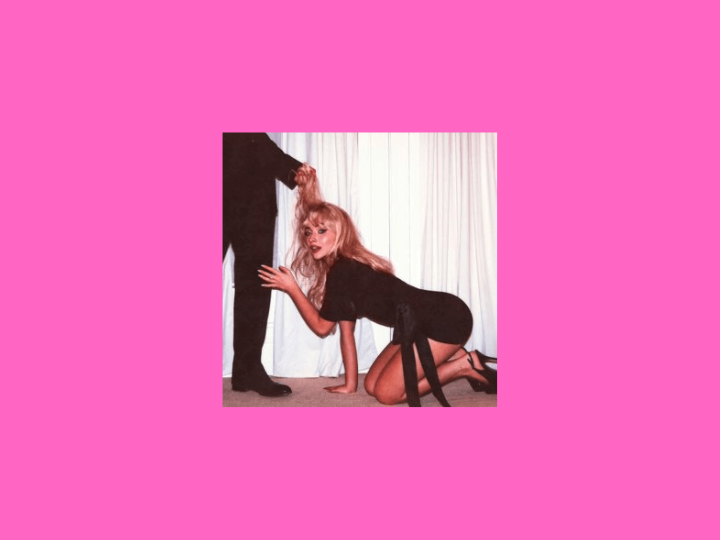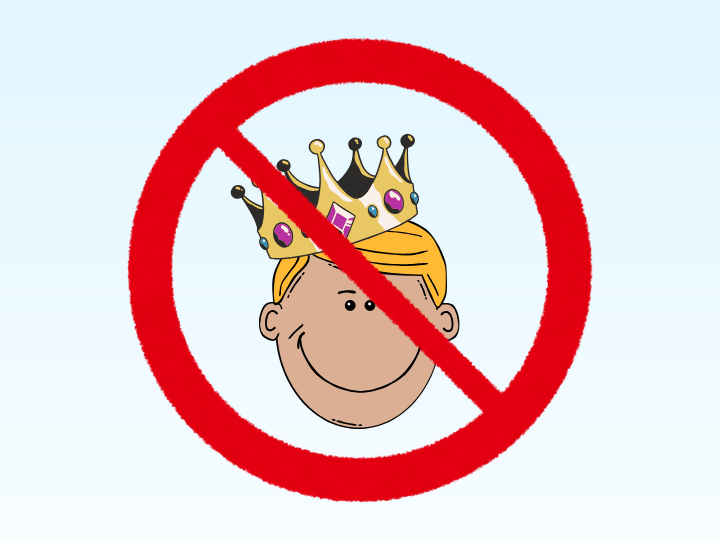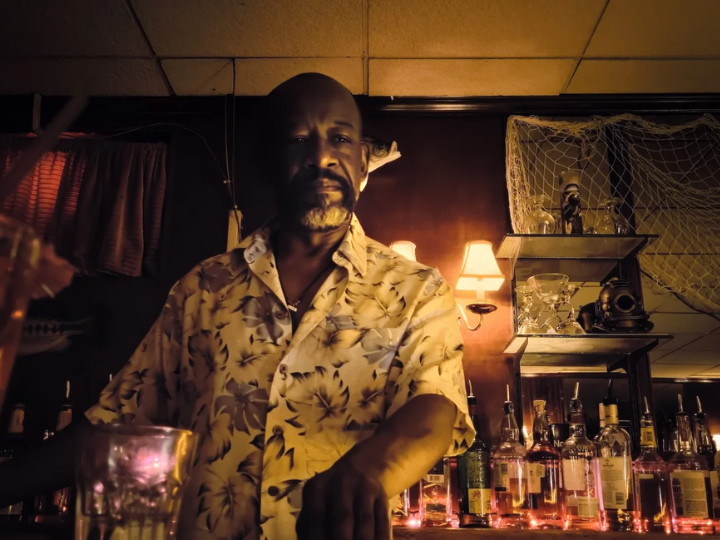Is the singer-songwriter “leashed or liberated?”
When Sabrina Carpenter unveiled the cover of her new album a few months ago, everyone had an opinion.
The image—Carpenter dolled up, on her hands and knees, while a faceless man grips her long blonde hair—ignited a fierce debate. Was she boldly reclaiming sexual power, or dragging feminism backward with a deliberately degrading pose?
Unsurprisingly, Reddit weighed in: “She’s not fighting the perception that men view her as nothing more than a pet and sex object, and she’s not presenting this as a tragedy,” one user argued.
Glasgow Women’s Aid was even blunter on Instagram, accusing her of “pandering to the male gaze and promoting misogynistic stereotypes.”
Carpenter, for her part, brushed off the backlash, telling critics they “need to get out more.” On a talk show, she doubled down: “They don’t know me or my intentions.”
Now that “Man’s Best Friend” has finally dropped, we can move beyond speculation. The album itself—its lyrics, visuals, and contradictions—offers a fuller picture of what it really says about gender, power, and pop stardom. And most pertinently: are the critics actually getting out enough?
Whether you’re storming Hollywood with torches and pitchforks or slipping into a skimpy outfit with a glass of wine to celebrate the release, it’s impossible to resolve this debate cleanly.
We live in a paradoxical moment: women are celebrated for taking control of their sexuality, yet the system still incentivizes them to do so precisely because it profits from their commodification.
Radical feminists point out that Carpenter’s art cannot be viewed in isolation. It lives inside capitalism, where attention and success often depend on exploiting male approval. Even if this performance is just “part of her persona,” the need to market herself in these terms only underscores the eerie commodification of the female body.
On the other side, liberal or sex-positive feminists argue that if Carpenter chooses to present herself this way, that choice itself is empowering. If a woman freely decides to be submissive, it can still be read as liberation.
And then there are the rest of us—the slightly disappointed feminists. For us, the scarier truth is this: nearly every choice women make, from shaving to putting on lipstick, has already been filtered and packaged under patriarchal control.
With the album in hand, we see this paradox in sharper focus.
Take the annoyingly catchy banger “Tears.” Carpenter belts:
“I get wet at the thought of you / Being a responsible guy…
Treating me like you’re supposed to…
Tears run down my thighs.”
Here, even the bare minimum—being responsible, doing what’s expected—becomes sexual. Everything is eroticized. But more importantly, the song paints sex in a distilled heteronormative economy: men perform, women receive. Desire is earned through peacocking, and sex simply “happens” to women.
Yes, women may set the price, but sex here remains commodified.
At one point, Carpenter admits it herself in the song “My Man on Willpower.” In the song, she complains about a partner that couldn’t keep her hands off of her who now practices self-restraint leaving a sexually frustrated Carpenter. She voices her frustration about being denied sex painfully clear.
Even here, in a commodified way, a man is a product that has lost his market value. While we shift who sets the price, women, this objectifying commodication still prevails.
This echoes what some psychologists call sexual economics theory: heterosexual sex as a marketplace, where men “supply” and women “sell.”
Ghodsee skewers this in “Why Women Have Better Sex Under Socialism,” writing: “In societies with high levels of gender equality, with strong protections for reproductive freedom, and with large social safety nets, women almost never have to worry about the price their sex will fetch on the open market.”
Here’s the unavoidable reality of Carpenter’s album: she didn’t have to release art where she kneels, scantily clad, gazing up as someone yanks her hair. No matter what she produced, her fan base would devour it. She has the economic freedom to choose her image.
She chose to be controversial.
And yes—bad press is still press. But for an artist with such a large female audience, dipping so deeply into the tropes of commodification raises the question: is this liberation, or just another clever way of selling who holds the leash?
No matter who holds the leash, in the midst of the glitz and glamour of pop stardom, it’s impossible to really tell if you’re being leashed or liberated.
This article was produced for HorizonMass, the independent, student-driven, news outlet of the Boston Institute for Nonprofit Journalism and is syndicated by BINJ’s MassWire news service.






